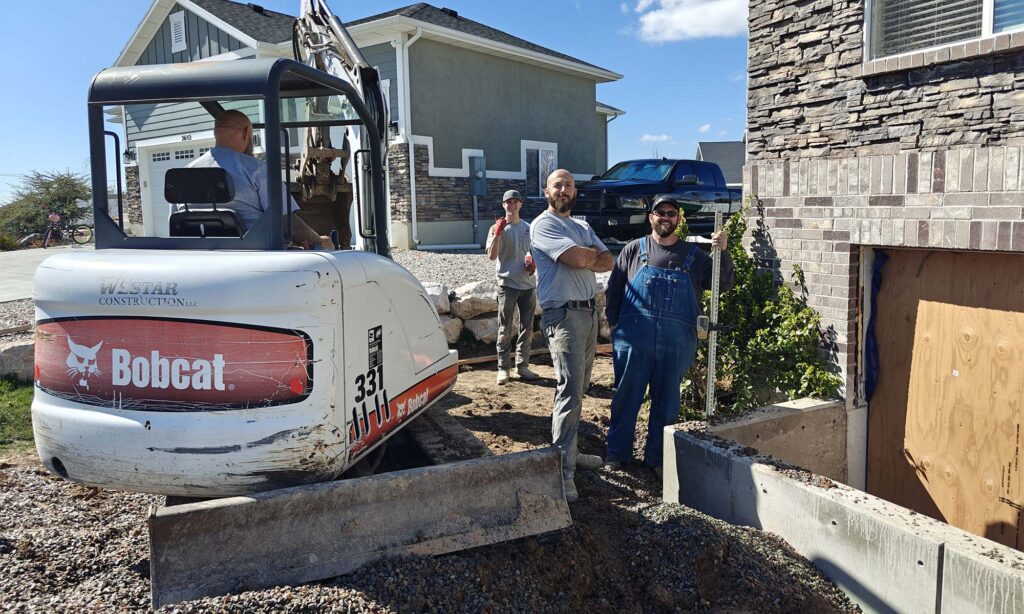Posts by admin
6 ‘Must-Haves’ when Hiring A Contractor
We know that Hiring a Contractor can be a difficult task (we’ve hired our own sub-contractors before). So we created this list to help the visitors to this page so they will know some of the ‘must-haves’ when it comes to hiring a Contractor for just about any project in any given trade. Let’s kick…
Read More7 Important Factors for Great Concrete Work
Regardless of whether we are selected for a project or not, we want people to get the highest quality concrete work possible – we hate when good people pay good money for bad work! So we decided to take our passion for quality and create a list that any homeowner or client can use as…
Read More
